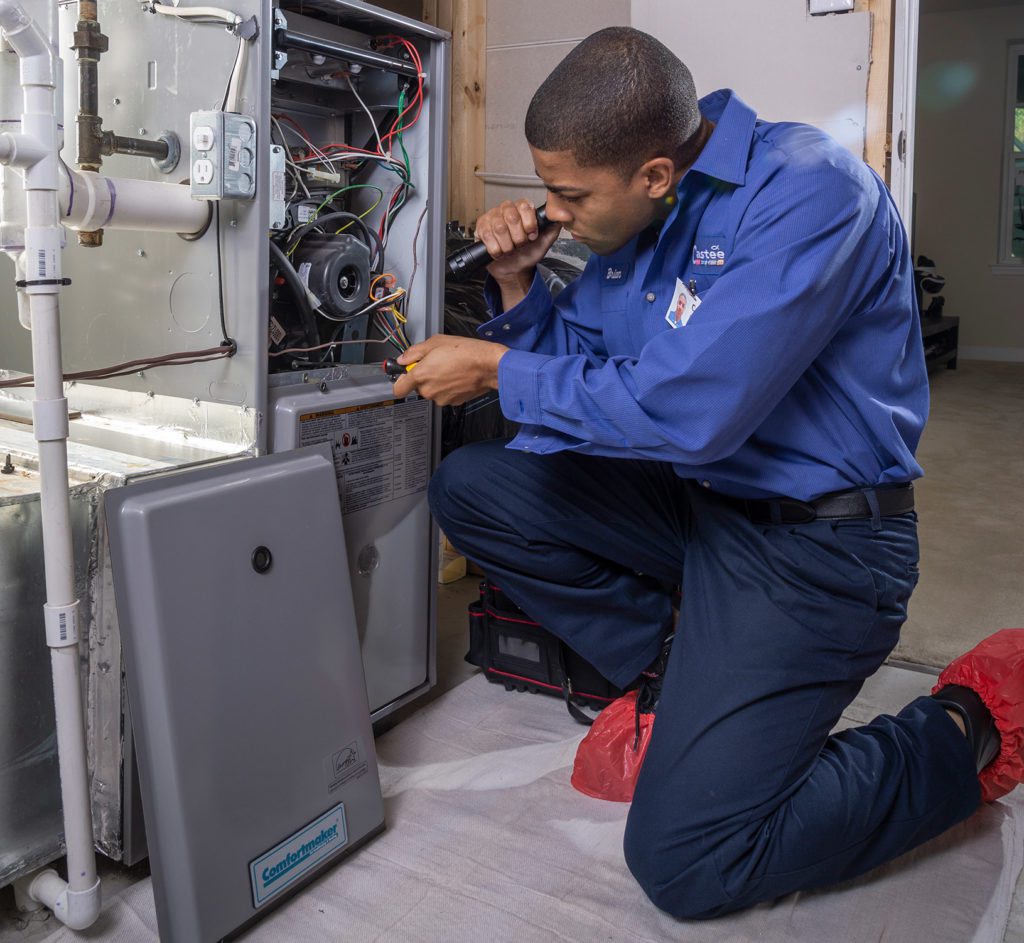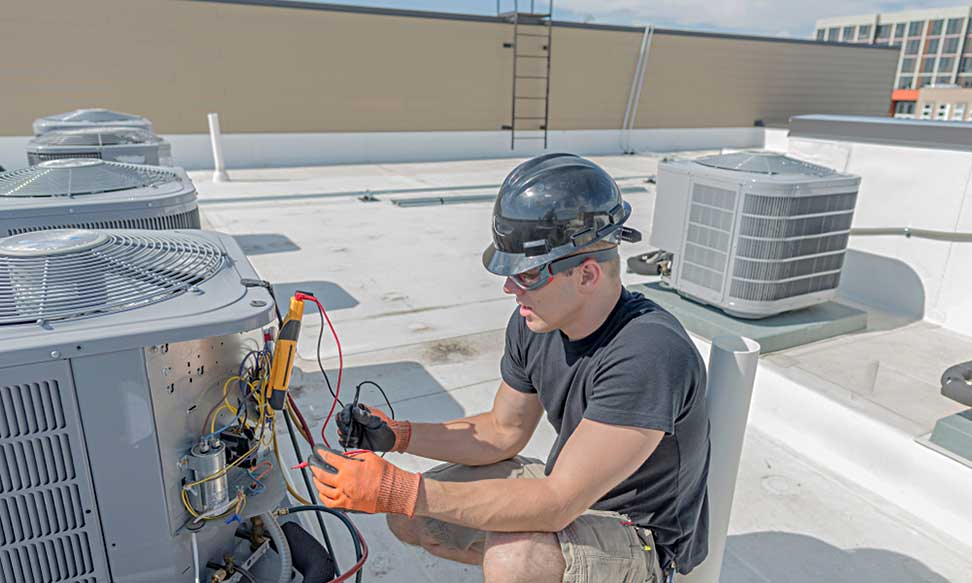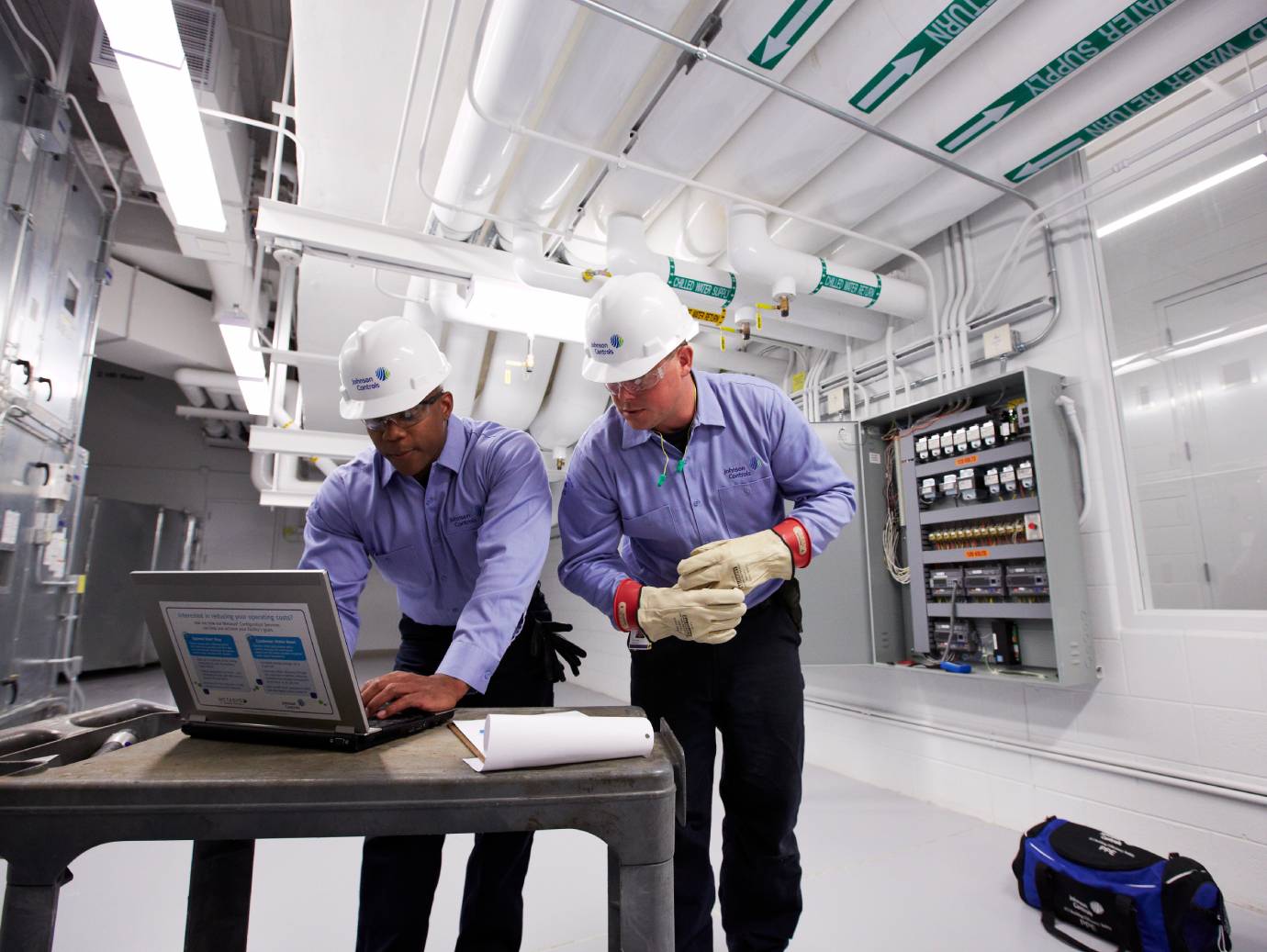The Importance of A/c Setup: Key Factors To Consider for a Comfy Indoor Environment
The installation of an A/c system is a crucial element in attaining an energy-efficient and comfortable interior environment. Elements such as the suitability of the system for certain building demands, appropriate sizing to circumvent inadequacies, and the experience of professionals for a quality setup play essential roles. The fostering of advanced modern technologies can substantially boost system efficiency.
Picking the Right System

When picking a HVAC system, it is vital to review the capacity required to properly warmth or cool the space without straining the system, which can result in raised wear and functional prices. Consulting with a specialist a/c contractor can provide useful insights into picking a system that aligns with both the expected usage and the architectural style patterns of the building.
In addition, thinking about the assimilation of smart technology can boost system administration and surveillance, using greater control and possible expense savings. By thoroughly evaluating these factors, one can make sure the option of a heating and cooling system that not just meets prompt requirements but additionally adds to long-term functional sustainability and passenger convenience.
Understanding Energy Effectiveness
Comprehending power performance is vital when taking into consideration a HVAC setup, as it directly affects both the ecological impact and the functional costs of the system. The efficiency of an A/c system is normally indicated by rankings such as SEER (Seasonal Energy Efficiency Proportion) for air conditioners or AFUE (Annual Gas Utilization Effectiveness) for heaters.

Purchasing an energy-efficient a/c system not just translates to set you back financial savings but additionally adds positively to ecological conservation by reducing greenhouse gas exhausts. Additionally, several jurisdictions offer motivations or rebates for the installment of high-efficiency systems, further enhancing their financial allure.
When examining energy efficiency, think about sophisticated attributes such as variable rate motors, clever thermostats, and zoning abilities. These innovations improve the system's ability to get used to varying demand, thus enhancing energy use. It is important to speak with heating and cooling specialists that can provide understandings right into the very best options customized to specific climate problems and usage patterns, guaranteeing optimal efficiency and convenience.
Significance of Correct Sizing

Alternatively, an undersized cooling and heating system will certainly struggle to reach the preferred temperature, specifically during severe weather. This can lead to continual procedure, bring about higher power expenses and potential getting too hot of system components. In addition, insufficient sizing can lead to inconsistent temperature level circulation, causing specific areas of a structure to be too cozy or too amazing.
To accomplish the proper sizing, a thorough lots calculation is crucial. This includes analyzing different variables such as the structure's square footage, insulation degrees, window types, and local climate conditions. By accurately establishing the heating and cooling demands of a room, HVAC professionals can suggest systems that make certain efficient operation, minimized power usage, and improved interior comfort.

Guaranteeing Top Quality Installment
A smooth heating and cooling installment is the foundation of a system's longevity and efficiency. Making Learn More Here sure quality setup involves meticulous interest to detail, adherence to sector criteria, and utilizing knowledgeable specialists. The process begins with selecting a skilled and certified cooling and heating service provider. This specialist must possess in-depth knowledge of varied systems and be skilled at examining the particular needs of the structure.
Correct installation exceeds simple placement of tools. It includes specific calibration to guarantee optimum airflow, effective power consumption, and consistent temperature level circulation. This includes exact ductwork setup, making certain connections are safe and leak-free, which is important for preserving system efficiency and interior air top quality.
Moreover, the application of innovative analysis devices during setup can detect prospective problems early, protecting against costly repairs and prolonging the life expectancy of the system. The service provider ought to likewise make sure that all parts work and that the system abides with local building ordinance and policies.
Routine Maintenance Practices
When the foundation for a high-performing heating and cooling system is established with top quality installment, the emphasis needs to change to normal maintenance practices to make certain continued performance and reliability. Regular upkeep not just prolongs the life-span of the system but also boosts interior air quality, reduces energy intake, and protects against pricey fixings. Crucial upkeep tasks consist of routinely changing air filters, cleansing evaporator and condenser coils, and evaluating the system for blockages or leakages.
This simple job can significantly boost air flow and system effectiveness. In addition, expert service technicians ought to evaluate the system yearly, examining for refrigerant levels, electric connections, and total system performance.
Focus to ductwork is also essential; sealing and cleansing air ducts routinely stops air loss and contamination. Implementing a maintenance timetable guarantees that small concerns are addressed before they intensify, guarding the system's functional integrity. By adhering to these upkeep techniques, property owners can enhance their a/c system's capability and keep a comfortable like it interior environment year-round.
Conclusion
By picking a proper system tailored to particular structure demands, comprehending power effectiveness, and making sure appropriate sizing, inefficiencies can be decreased. The involvement of skilled service providers assurances quality installment, while the integration of innovative innovations boosts system performance and tracking.
Numerous types of A/c systems are available, consisting of split systems, hybrid systems, how to become a hvac contractor duct-free systems, and packaged home heating and air systems, each with unique benefits and limitations.
Comprehending power performance is vital when considering a Cooling and heating installation, as it straight influences both the environmental footprint and the operational expenses of the system. The performance of a Heating and cooling system is commonly shown by ratings such as SEER (Seasonal Energy Effectiveness Ratio) for air conditioners or AFUE (Annual Gas Usage Performance) for heaters (Plumber in Brownwood TX).When the foundation for a high-performing Cooling and heating system is established through top quality installment, the emphasis should shift to regular maintenance practices to guarantee ongoing efficiency and reliability. In addition, specialist service technicians must evaluate the system each year, checking for cooling agent degrees, electrical connections, and overall system efficiency